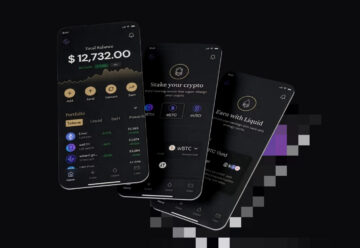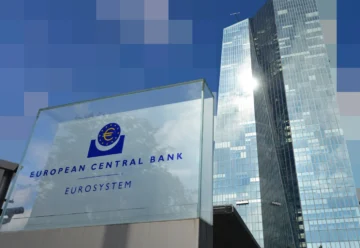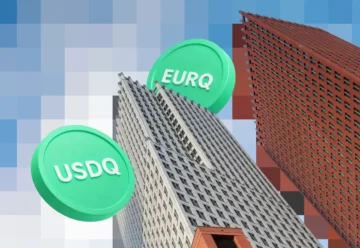China Introduced Infrastructure for Domestic NFT Market

China’s state-sanctioned blockchain BSN presented five blockchain networks for DDC, the local counterpart of NFTs.
The Chinese government’s Blockchain-Based Service Network (BSN) project unveiled the first elements of blockchain infrastructure for the local NFT market. Five blockchain networks were launched, each of which is a localized copy of an existing blockchain:
- Wuhan Chain — an analog of the Ethereum blockchain;
- Wenchang Chain — a Cosmos-based analog of the IRISnet blockchain;
- Zunyi Chain — an analog of Corda blockchain;
- Zhongyi Chain — an analog of the EOS blockchain;
- Tai’an Chain — an analog of the FISCO BCOS blockchain.
The main differences between Chinese blockchains are that the BSN manages the networks, and purchases can only be paid in fiat money. Five more such blockchain networks are planned to be rolled out soon.
The Chinese version of NFTs is called Distributed Digital Certificate (DDC), a separate name that emphasizes the distinctiveness of Chinese non-fungible tokens from their “uncertified” counterparts.
The National Museum of China, the auction house Rong Bao Zhai Auction, the Hainan International Culture and Artworks Exchange Center, which has acquired the first license for an NFT marketplace in China, and other organizations are among the partners already announced for the project. All partners, as well as the project’s roadmap and governance structure will be announced in a launch ceremony in the city of Nanjing in March. The initiative is the realization of the Chinese government’s plans to create its own market for non-fungible tokens unrelated to decentralized blockchain networks and cryptocurrencies.











